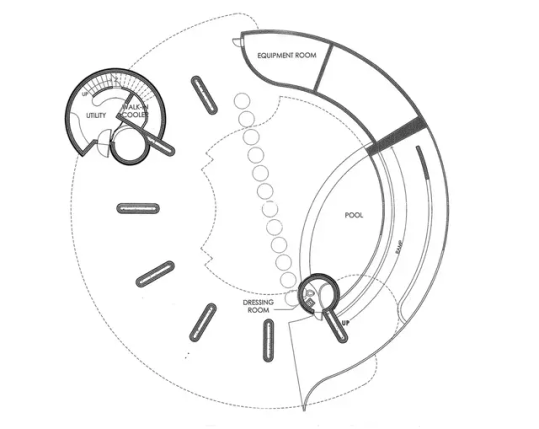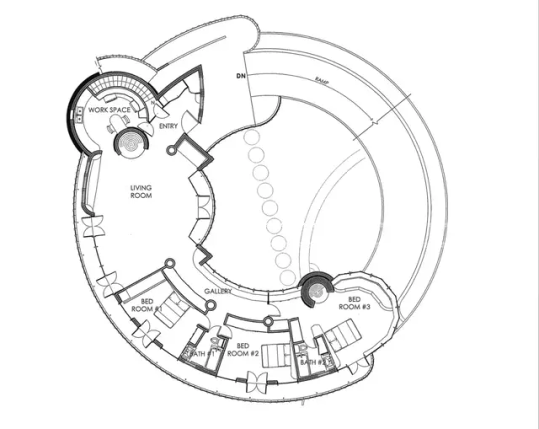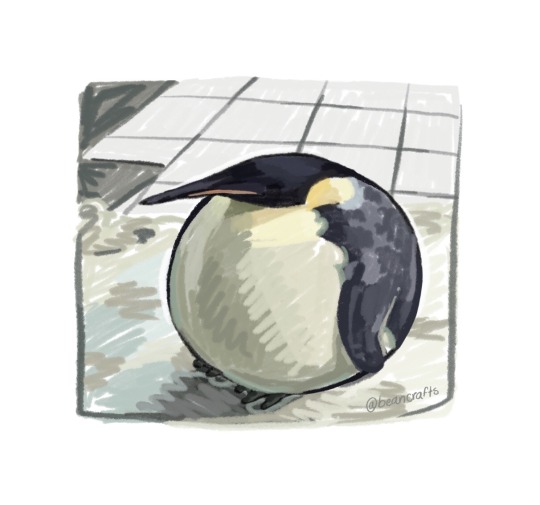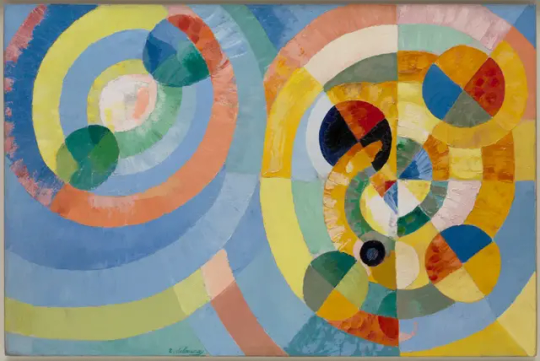#Circular
Explore tagged Tumblr posts
Text






Iris photography, source: irisphoto.art
982 notes
·
View notes
Text

Welcome to the Carnival By Jeff Stanford, 2025
Buy prints at: https://jeff-stanford.pixels.com/
#© Jeff Stanford#ferris wheel#carnival#vibrant#surreal#colorful#wonder#long coat#dynamic#night scene#illumination#circular#joyful#midjourneyart#digitalart#artwork
41 notes
·
View notes
Text

Meiko Kaji (梶芽衣子) and author/activist Keiko Ochiai (落合恵子). Scanned from Kindai Eiga (近代映画), May 1973.
29 notes
·
View notes
Text
















David & Gladys Wright House,
Phoenix’s Arcadia neighborhood, Arizona, United States,
Built between 1950 and 1952, the circular concrete-block house was designed by Frank Lloyd Wright.
Wright designed the house, which he originally called "How to Live in the Southwest," for his son, David, and daughter-in-law, Gladys, as a place where they could spend the rest of their lives admiring the Camelback Mountain vista.
#design#architecture#architects#art#minimalism#interiors#iconic architecture#mid century modern#david wright#gladys wright#frank lloyd wright#phoenix#arcadia#concrete-block#circular#history#style#arizona#usa
126 notes
·
View notes
Text

Oil and water on top of a string of pearls
Susan Wilkinson
135 notes
·
View notes
Text

Round
169 notes
·
View notes
Text

Robert Delaunay, "Circular Forms (Formes circulaires)," 1930,
Oil on canvas, 50 3/4 x 76 3/4 inches (128.9 x 194.9 cm)
Courtesy the Solomon R. Guggenheim Museum
#art#abstract#abstraction#painting#forms#abstractart#robert delaunay#circular#1930#R. Guggenheim museum
46 notes
·
View notes
Text

#lineasDeNazca#Geoglifo_La_Estrella_Cruz_de_Palpa#Nazca_lines#plateau#Peru#http://aabon35.blogspot.com ⚫️#x#ia#new#aabon35#stones#ai#bard#tiktokvideo#Drawing#Nazca#tiktoklive#rectangular#Geoglyph#circular#Gran_Pyramid http://arubio28814.blogspot.com#NFT#tiktok#La Cruz de Palpa#linesDeNazca#desert
44 notes
·
View notes
Text

Life is like a circle.
#circular#circle#round#skylights#skyline#view#views#sectional sofas#sofa#living room#modernist#modernism#modern living spaces#modern life#modern landscape#modern living room#landscape#toya's tales#toyastales#style#toyas tales#home decor#interior design#architecture#modern architecture#december#winter#home design#design#throw pillow
156 notes
·
View notes
Text







Chapel Santa Maria Degli Angeli, Mount Tamaro, Switzerland - Mario Botta
#Mario Botta#architecture#design#building#modern architecture#interiors#modern#old and new#chapel#church#religious architecture#beautiful places#amazing places#scenic#mountains#views#landscape#photography#cool architecture#beautiful buildings#stone#stone arch bridge#arch#bridge#turret#circular#form#switzerland#swiss design#design blog
289 notes
·
View notes
Photo

Ian Cumberland, “Black Hole”, 2016, oil on linen. B. 1983, Banbridge, Co. Down, Ireland.
#ian cumberland#black hole#2016#oil on linen#irish artist#oil painting#painting#art#sitting#wood#floor#woman#portrait#circular#dark#crystal#table#surrealism#figurative art#contemporary art#irish art
50 notes
·
View notes
Text

DAY 935 - TYPO
IG: @futureselfbeats
#abstract#art#surreal#scifi#daily#futuristic#trippy#neon#graphic design#3d#cyberpunk#glitch#glitch art#artists of tumblr#artists on tumblr#everyday#daily art challenge#daily art#circular#glowing#retro#80s#vhs#film#analog#grain#retro scifi#album art#cover art#album cover
68 notes
·
View notes
Text

2012-12-06, 500, “Untitled”
Bill Martin
Missing: 5
#500#jigsaw puzzle#jigsaw#puzzle#jigsawpuzzle#incomplete#Eaton#treasure collection#Eaton Treasure Collection#art#Bill Martin#Martin#nature#round#circular
16 notes
·
View notes
Text
To build all of the solar panels, wind turbines, electric vehicle batteries, and other technologies necessary to fight climate change, we’re going to need a lot more metals. Mining those metals from the Earth creates damage and pollution that threaten ecosystems and communities. But there’s another potential source of the copper, nickel, aluminum, and rare-earth minerals needed to stabilize the climate: the mountain of electronic waste humanity discards each year.
Exactly how much of each clean energy metal is there in the laptops, printers, and smart fridges the world discards? Until recently, no one really knew. Data on more obscure metals like neodymium and palladium, which play small but critical roles in established and emerging green energy technologies, has been especially hard to come by.
Now, the United Nations has taken a first step toward filling in these data gaps with the latest installment of its periodic report on e-waste around the world. Released last month, the new Global E-Waste Monitor shows the staggering scale of the e-waste crisis, which reached a new record in 2022 when the world threw out 62 million metric tons of electronics. And for the first time, the report includes a detailed breakdown of the metals present in our electronic garbage, and how often they are being recycled.
“There is very little reporting on the recovery of metals [from e-waste] globally,” lead report author Kees Baldé told Grist. “We felt it was our duty to get more facts on the table.”
#solarpunk#solar punk#reculture#e-waste#renewable energy#solar power#solar panels#critical metals#rare earths#urban mining#metals recovery#consumer electronics#environment#sustainability#circular
33 notes
·
View notes
Text

Rounder Iconpack (42 icons)
#art#blue#circular#design#electronic#frutiger aero#graphic art#graphic design#graphics#icons#illustration#rounder#tech#technology#vector
27 notes
·
View notes